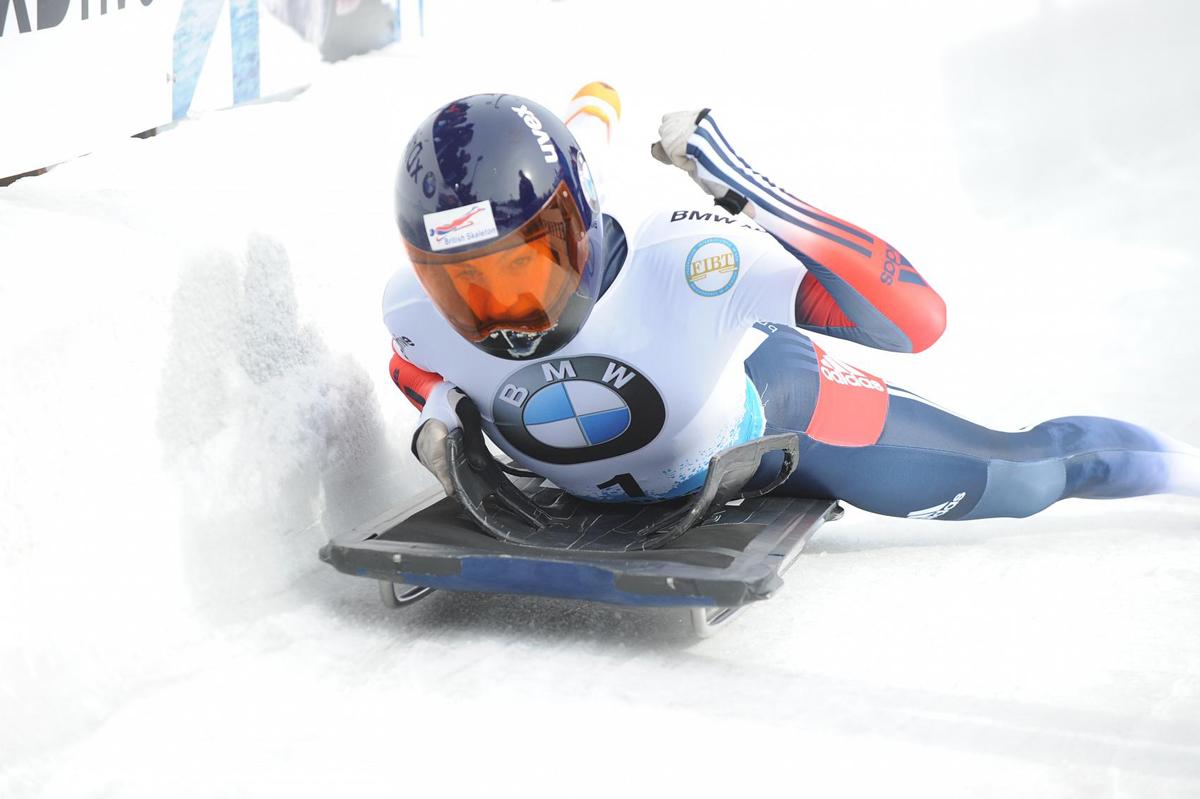see all jobs
UK Sport lines up new raft of talent identification programmes
UK Sport is redoubling its efforts to boost the numbers of elite athletes in canoeing, skeleton and martial arts with the launch of talent identification campaigns throughout 2016.
The elite sports quango just unveiled its #DiscoverYourPower campaign alongside British Cycling and the English Institute of Sport, which aims to identify potential sprint cycling champions from a pool of promising young athletes taking part in alternative sports.
Talking to Sports Management during the launch of the initiative at London’s Lee Valley VeloPark, UK Sport head of performance pathways Natalie Dunman said that while the primary talent identification focus was on cycling, the quango was devising similar schemes for other Olympic sports.
“We’re looking at canoeing and skeleton – power-based sports – as well as the martial arts like taekwondo, judo and boxing. That will be a campaign we launch later this year,” said Dunman. “We’ll also be looking at rowing and netball – sports that require tall people – as well as paralympics sports and potentially freestyle events like skiing and snowboarding.”
#DiscoverYourPower, which launched yesterday (2 March), will take applications from young athletes until June, before an assessment period in July in which coaches from the English Institute of Sport and British Cycling – headed up by performance pathway manager Ian Yates – will decide which individuals have the “physical, technical and tactical” assets to get to the elite level.
Dunman revealed that the bodies would proactively target athletes at universities, and from particular sports such as athletics, invasion team sports including hockey, football and rugby, as well as those taking part in extreme sports.
Yates said now was the right time to launch the initiative as potential medal-winners had four years to be converted and trained before the 2020 Olympics in Tokyo.
“I wouldn’t want to limit the amount of talented riders we can find from this campaign – at the end of the day there’s six [sprint cycling] medals up for grabs in Tokyo,” he added. “The more athletes that come through, the more it will keep pushing us and driving on the existing sprint cyclists to get better.”
During a UK Sport briefing in January, the quango’s director of performance Simon Timson conceded that cycling in general had a ”difficult” 2015 in which it won four World Championship medals compared to it minimum target of eight, and maximum goal of 16.
Yates said the sport was always going to find it difficult to replace “absolute icons and legends” such as Olympic gold medalists Sir Chris Hoy and Victoria Pendleton, who retired in the aftermath of the 2012 Olympic Games. However, he claimed that he was optimistic that cycling was “in a really strong position in terms of what’s coming through” in the lead-up to Tokyo.
At grassroots level, the number of British Cycling members had more than doubled since London 2012, from 50,000 before the Games to the present figure of 120,000, Yates added.
“This is an opportunity to find the next Sir Chris or Vicky Pendleton,” said Dunman. “Those people might not be sprint cyclists yet, but there’s a huge opportunity for these people coming through to be the next icons.”
More News
- News by sector (all)
- All news
- Fitness
- Personal trainer
- Sport
- Spa
- Swimming
- Hospitality
- Entertainment & Gaming
- Commercial Leisure
- Property
- Architecture
- Design
- Tourism
- Travel
- Attractions
- Theme & Water Parks
- Arts & Culture
- Heritage & Museums
- Parks & Countryside
- Sales & Marketing
- Public Sector
- Training
- People
- Executive
- Apprenticeships
- Suppliers
















































